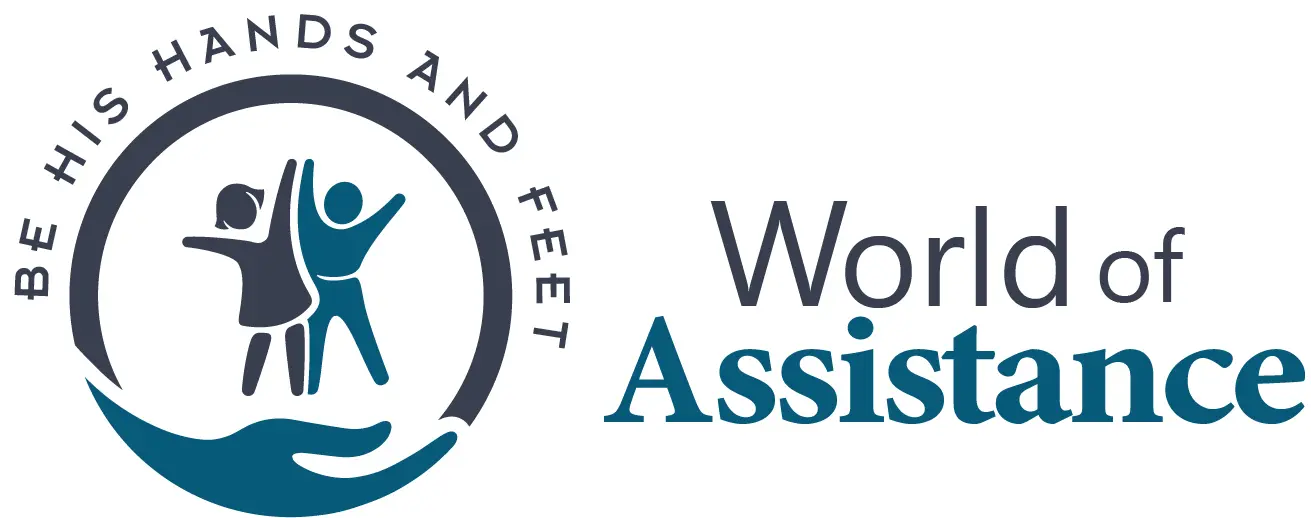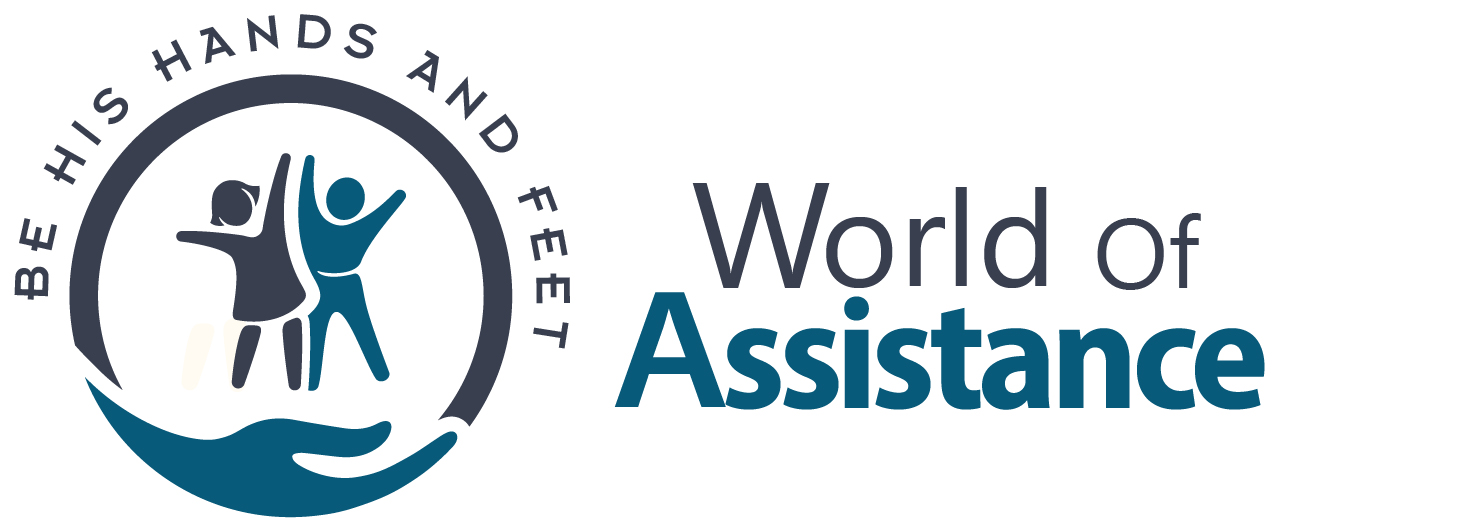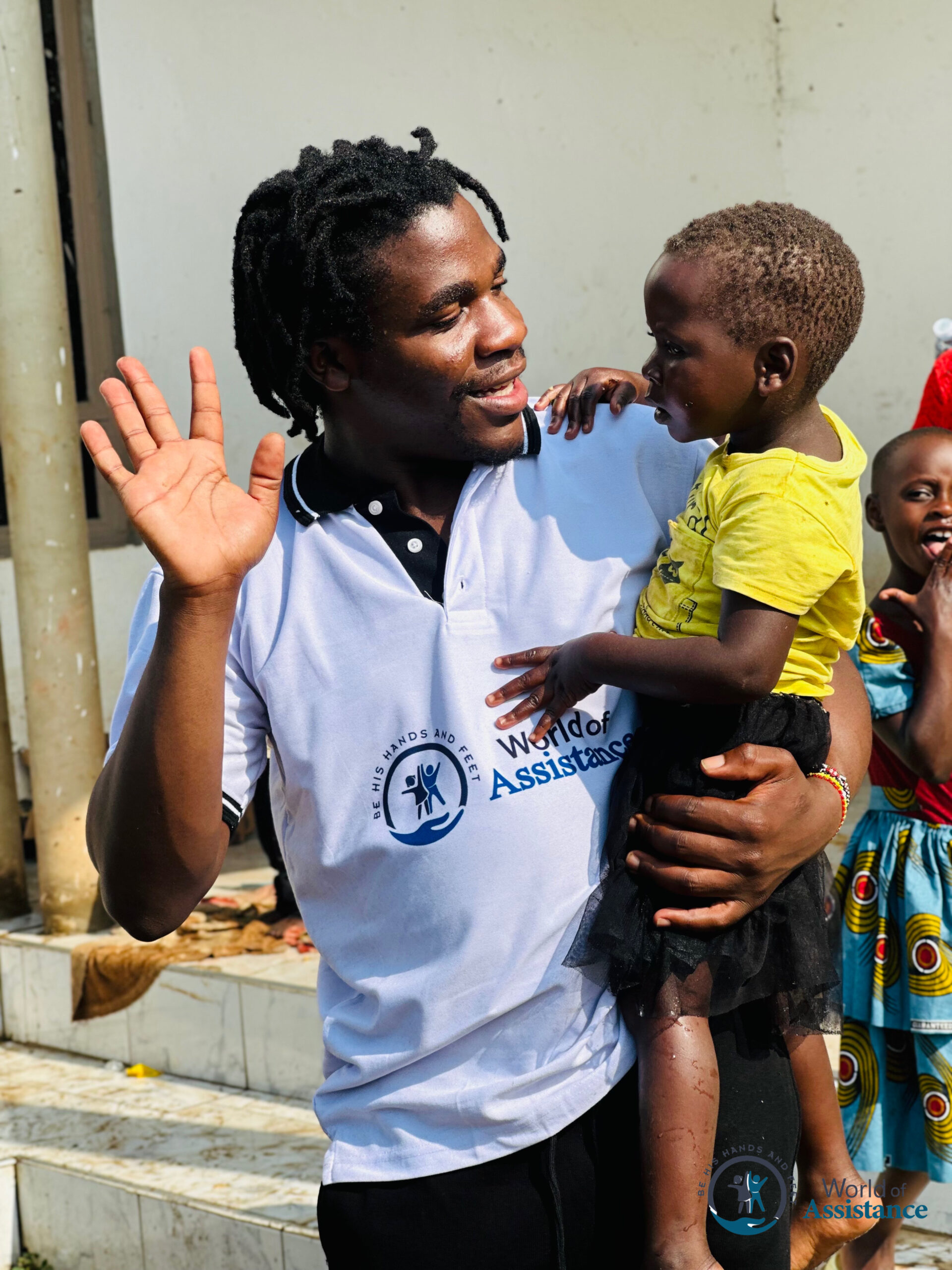Rwanda, often called the “Land of a Thousand Hills,” is a small East African nation known for its lush landscapes, rolling mountains, and rich wildlife. Its vibrant culture, rooted in community and resilience, contrasts sharply with the tragic events that have shaped its recent history. The 1994 genocide left nearly one million people dead and thousands more traumatized, destroying families, communities, and infrastructure. Even decades later, Rwanda continues to grapple with the lasting effects of this devastating period.
Despite strong economic growth and a government committed to rebuilding, poverty remains a harsh reality for many Rwandans. Approximately 38% of the population lives below the national poverty line. Rural families, in particular, face daily challenges: access to clean water, nutritious food, and healthcare is limited, and many rely on subsistence farming to survive. Children often go to school hungry or must skip classes to help their families with chores or work in the fields. Even in urban areas, families struggle to afford basic necessities, and
Education is a source of hope in Rwanda, yet access remains unequal. Many rural schools lack adequate classrooms, teaching materials, and trained educators. Students often walk long distances just to attend school, facing harsh weather and difficult terrain. For families living in poverty, sending children to school can feel like a luxury they cannot afford. Without education, children are more likely to remain trapped in cycles of poverty, limiting the country’s potential for long-term development.
Healthcare remains a critical challenge, especially for vulnerable populations. Malnutrition affects thousands of children, weakening their growth, immune systems, and ability to learn. Common illnesses such as malaria, respiratory infections, and diarrheal diseases claim many lives, particularly in rural communities with limited access to clinics or medical supplies. Families often travel hours to reach healthcare centers, only to find overcrowded facilities and scarce resources, compounding the difficulties of daily life.
Despite these challenges, the people of Rwanda are remarkably resilient. Communities work together to rebuild, relying on strong social bonds, faith, and determination. Local churches, nonprofit organizations, and community leaders provide vital support through education programs, food assistance, and healthcare initiatives. The spirit of unity, known locally as “Ubudehe”, reflects the Rwandan commitment to helping one another survive and thrive in the face of adversity.
World of Assistance is actively supporting children and families in Rwanda, providing food, education, and essential resources to help them overcome poverty and build brighter futures. Through compassionate outreach, we aim to give hope, encouragement, and practical support to those most in need.


